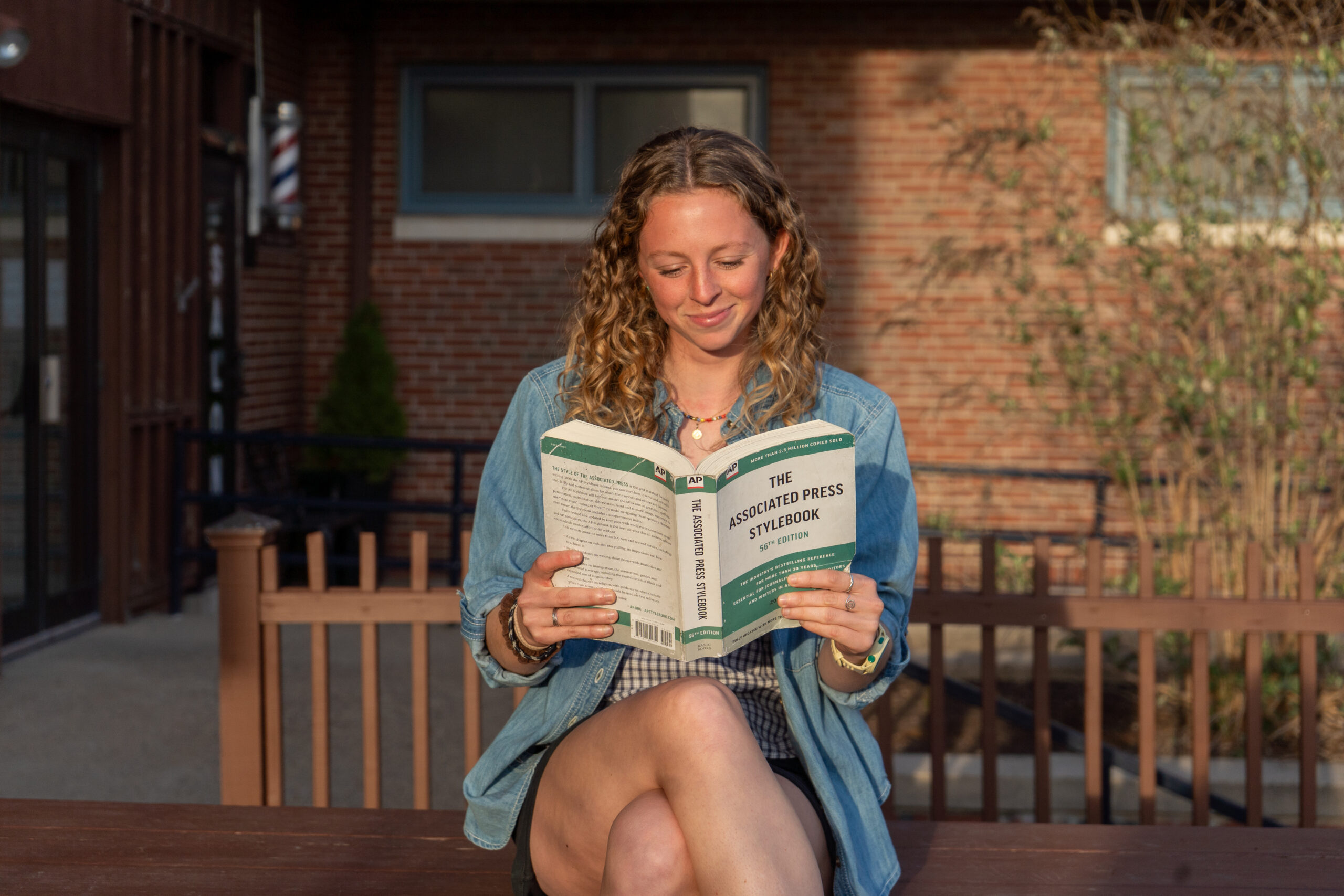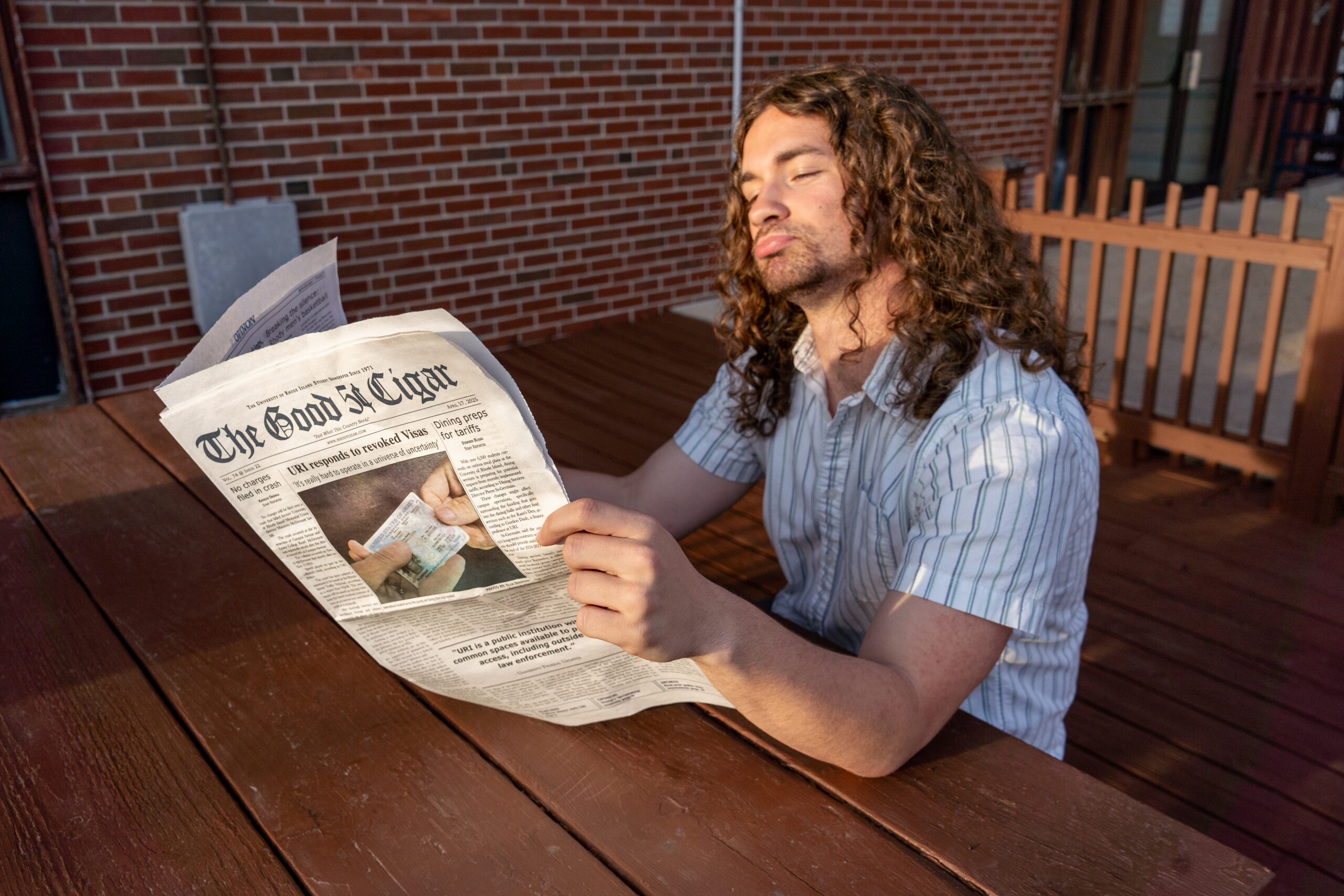When people meet me, there is often an underlying tinge of curiosity in their gaze that is hard not to notice. Growing up surrounded by these inquisitive glances both conditioned me to recognize the question at hand and numbed me to the dehumanizing disposition of it. Â
In a way, I like being unidentifiable; there is a certain sense of enjoyment in not blatantly fitting into someone else’s idea of what should be. But there is also a lingering feeling of displacement attached to it as well.
The endless trail of forms that follow you throughout life always have this pesky little ethnicity check off list, known as the demographics section. This most commonly includes the options: Caucasian, African American/Black, Hispanic/Latino, Asian, Middle Eastern, Pacific Islander, Native American/Alaskan, Other.
Other? This term has been the common choice of my ethnic identification for the majority of my life. It is a term so vague that a fill in the blank space is occasionally offered, in which the reviewers often lazily take the first word you write down and stick it to you as your reigning identity.
You grow up being told that you can do and be anything, but at the same time, the systems around you don’t even have the common decency to come up with a term to slap onto your existence that is more dignified than the term “other.â€
It was not until around three years ago I began to notice “Biracial†as an option of identification on these forms, not until this past year that “Multiracial†began to slip into the scene.
Being multiracial in a society that arrogantly boasts “These are post-racial times!†while the toll of lives lost from racially-driven hate continues to rise, is something curious. I am a coffee-colored cocktail of Cape Verdean, with a heck of a lot of Irish cream and a sprinkling of Native American heritage. This mixing leaves me hard to identify, which is something people desperately want to do.
At times this can be a fun game, but the thing about being multiracial is that once someone figures out what you are they suddenly think they’re an expert on your identity just by obtaining this one fact. My whole life everyone else seemed a lot more concerned about my racial identity than I ever was. I am confident in my unknown where others seem to be on edge.
My mother, a liberal, green-eyed Irish woman, and my half-brother, the blonde-haired, blue-eyed Boston politician type, raised me with everything they had, which wasn’t much. I did not become acquainted with my Cape Verdean side until seventh grade. My father, this looming conservative man with honey colored eyes and permanently bronzed skin, was trying to win my affection through the spoils of his well-off business.
I am the making of my mother’s side, but in family photos people often ask if I am the nanny. My brother and I have even stopped hanging out one on one in public, because in our small town setting, the townsfolk will report back to my brother’s wife that they saw her husband out with this “exotic younger woman,†to which his wife will reply: “You mean my sister in law.â€
As for my father’s side, people want to think I’ll fit like a glove into that setting simply because of the color of my skin. However, my father and two siblings are about four shades darker. Family gatherings filled with creole and religiousness, neither of which I can identify with.
I don’t fit in with either side, and I don’t need other people’s comments to understand that. Too black to be white, too white to be black. Too mysterious to be unidentified. Too mixed to be anything at all, an “Other.â€





This was very well written and much appreciated. I stopped checking boxes in the demographics section long ago. I only care to belong to the human race, and that is never a selection. I guess "they" want us all in separate groups. Not Me. To paraphrase a line from Grouch Marx," I would never belong to a race that would have me as a member".